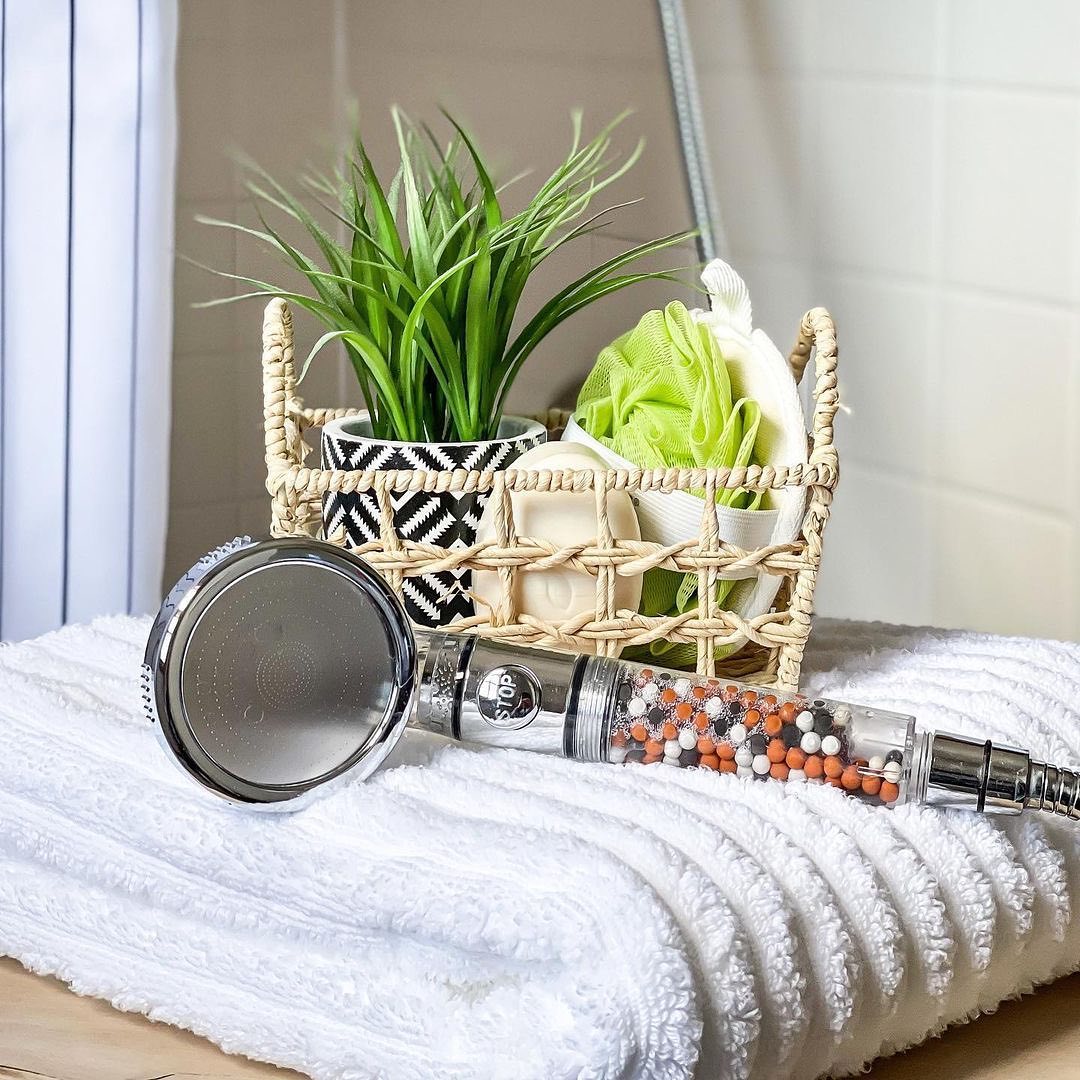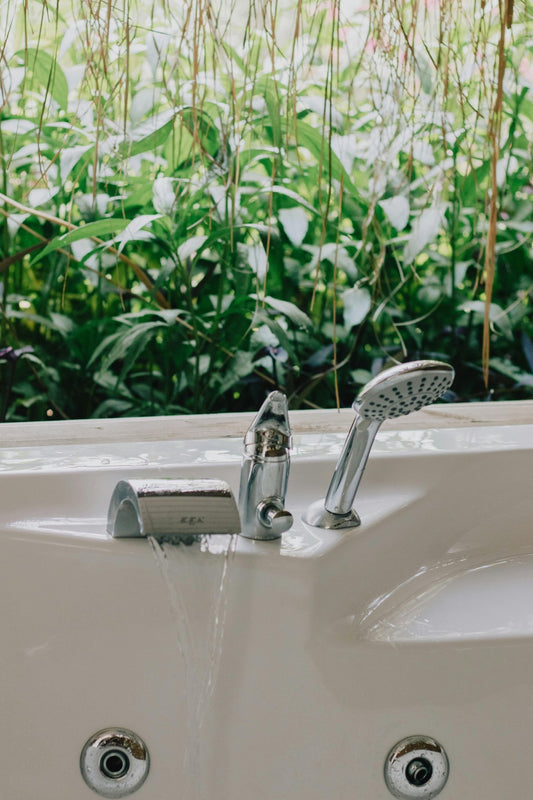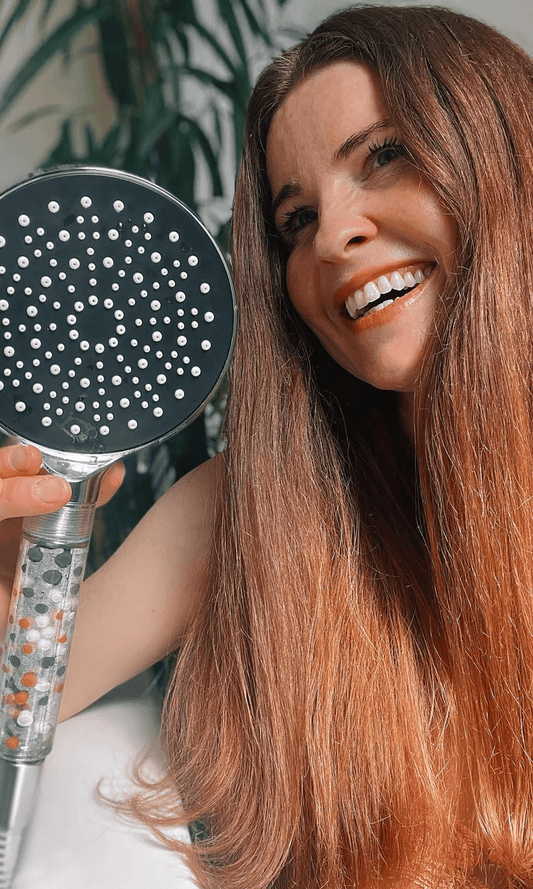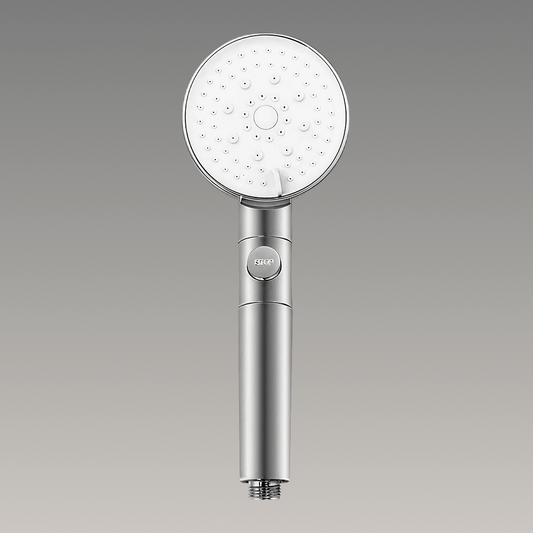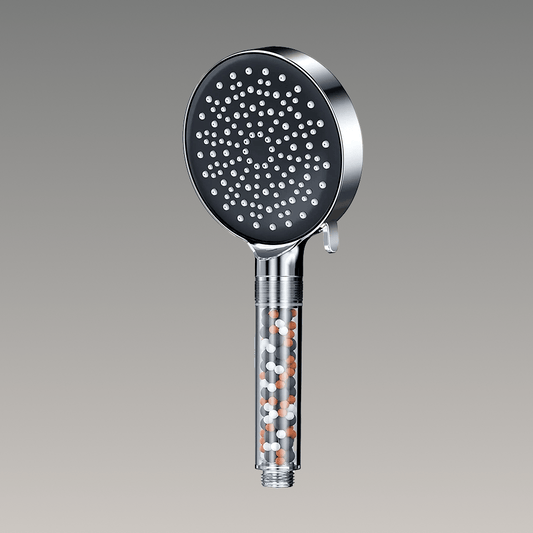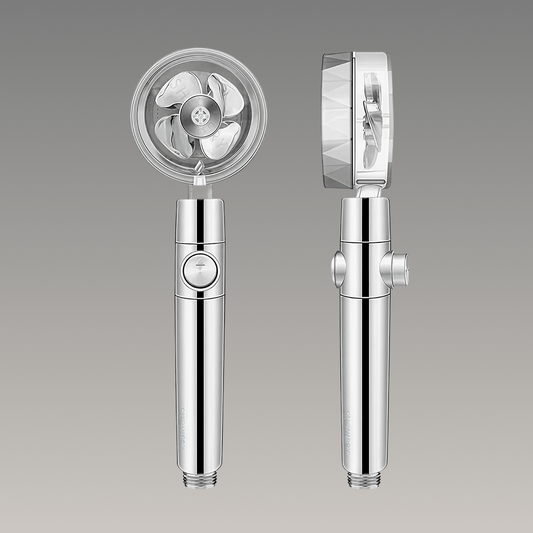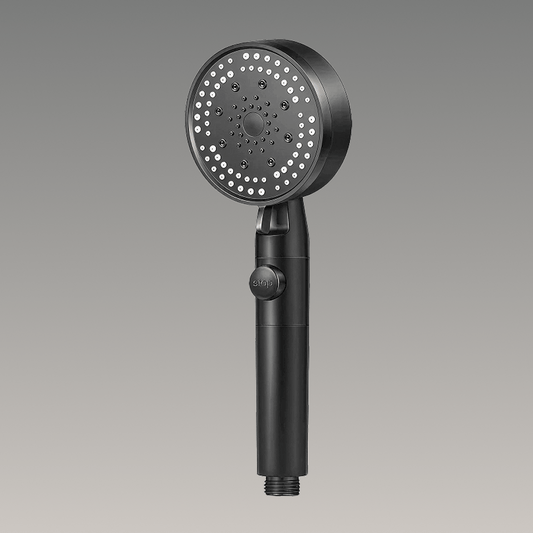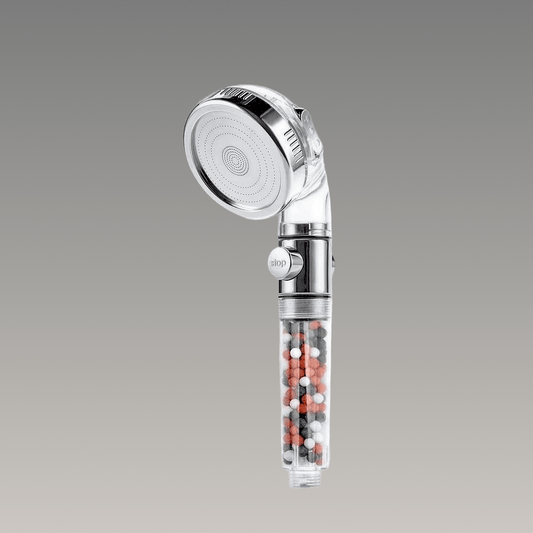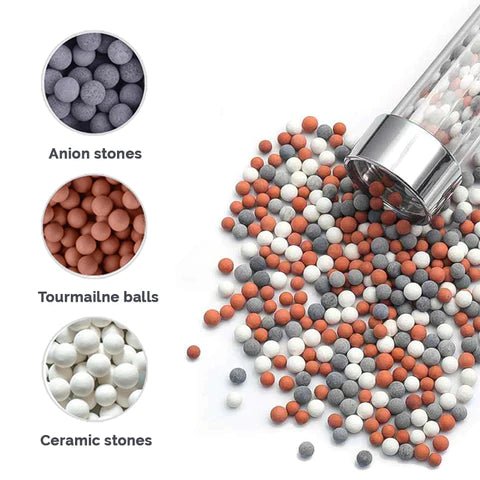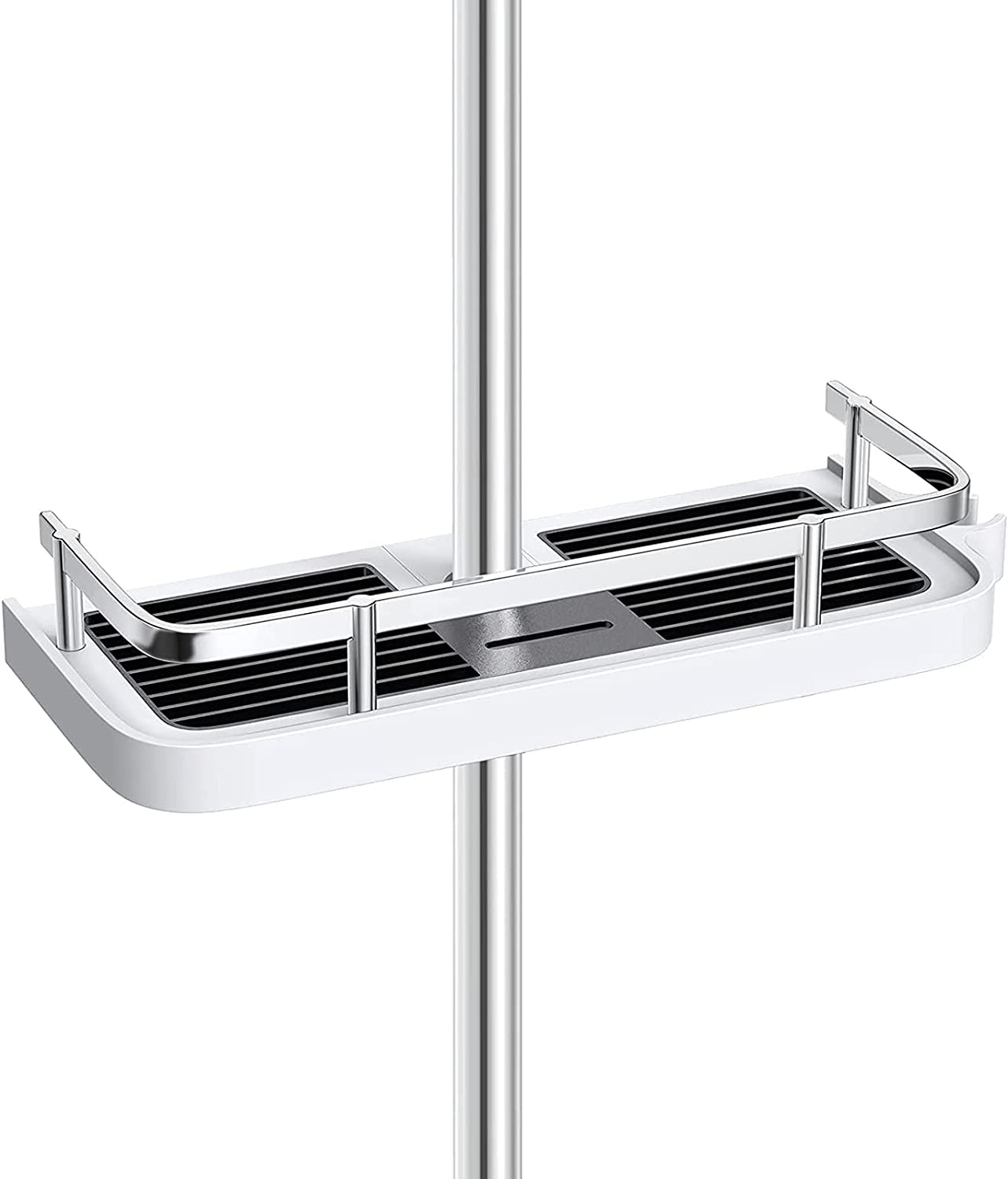How to Soften Hard Water In Your Home

Hard water is a common issue that many homeowners face. It can leave mineral deposits on your fixtures, cause soap scum buildup, and even affect your hair and skin. Fortunately, there are several effective ways to address hard water in your home.
Understanding Hard Water
Hard water contains high levels of minerals, primarily calcium and magnesium. These minerals can accumulate and cause various problems. Recognising the signs of hard water is the first step to fixing the issue. Look out for:
- Limescale buildup on faucets and shower heads.
- Soap scum on shower walls and glass.
- Dry skin and hair after bathing.
- Faded laundry and stiff fabrics.
Testing Your Water
Before tackling hard water, it's essential to determine its severity. You can purchase a home testing kit or send a sample to a lab. This will give you an accurate measure of your water's hardness, helping you choose the right solution.
Solutions for Hard Water
- Water Softeners
A common and effective method to treat hard water is by installing a water softener. This device uses ion exchange technology to replace calcium and magnesium ions with sodium ions, significantly reducing water hardness. Water softeners are installed at the main water supply line, treating all the water entering your home.
- Vinegar Soaks
For a DIY approach, vinegar can be a lifesaver. Soaking shower heads, faucets, and other fixtures in vinegar overnight can dissolve mineral deposits, restoring proper water flow and appearance. Simply remove the fixture, soak it in a bowl of vinegar, and rinse thoroughly the next day.
- Shower Filters
Another practical solution is installing a shower filter. These filters are designed to remove minerals and impurities from the water before it reaches you. They are easy to install and maintain, offering a convenient way to enjoy softer water without major modifications to your plumbing system.
- Descaling Agents
Descaling agents are chemical solutions that dissolve mineral buildup. They are particularly useful for appliances like dishwashers and washing machines. Regularly using descaling agents can prolong the life of your appliances and improve their efficiency.
Daily Habits to Reduce Hard Water Impact
In addition to the above solutions, adopting certain daily habits can help minimise the effects of hard water:
- Wipe down shower walls and glass after each use to prevent soap scum buildup.
- Use a squeegee to remove excess water from surfaces.
- Opt for liquid soap instead of bar soap, as it tends to leave less residue.
- Condition your hair regularly to combat dryness caused by hard water.
Choosing the Right Shower Head
When it comes to addressing hard water, the type of shower head you use can make a significant difference. While traditional shower heads can quickly become clogged with mineral deposits, modern options are designed to minimise these issues.
For instance, Showery water softening shower heads are a fantastic choice. Their innovative design helps to reduce limescale buildup, ensuring a consistent and powerful water flow. They also feature easy-to-clean nozzles, making maintenance a breeze.
Invest in a quality shower head today to elevate your shower experience and easily manage hard water issues with minimal maintenance.